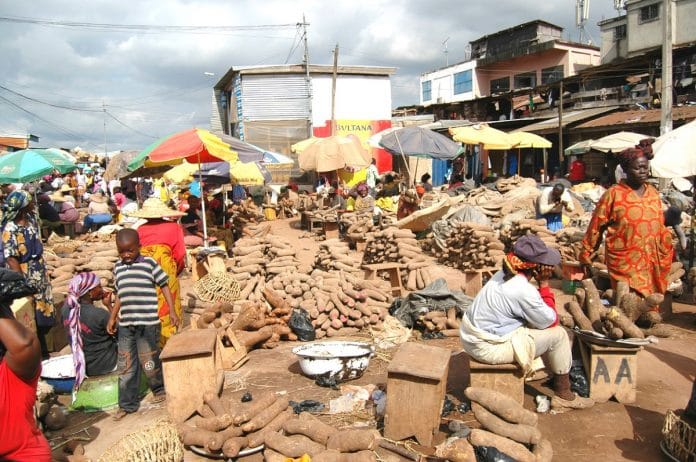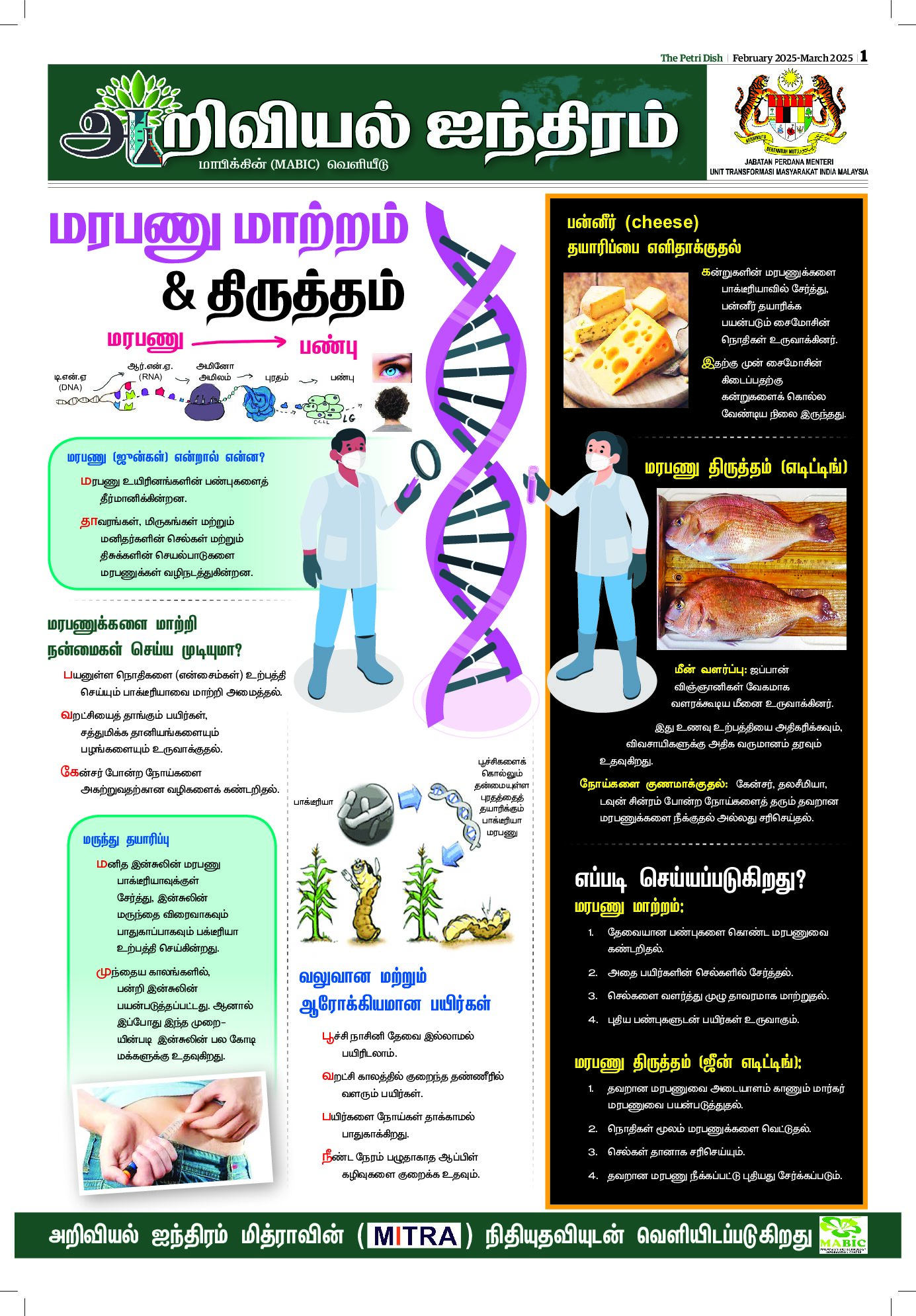AFRICA’S crop production remains low and this is a threat to their food security. In response, a group of researchers presented a review that details their recommendations for Africa to maximize the benefits of biotechnological innovations in terms of agricultural productivity, medical advancement, and environmental and biological benefits.
Their objective was to show the dynamics of the factors and actors involved in agricultural biotechnology in Africa, and stimulate African countries to enact relevant policies and review existing frameworks to boost food safety and security and be aligned with the United Nation’s Sustainable Development Goals. Their recommendations are:
- African governments should proactively promote public awareness and understanding of modern biotechnology.
- National Biosafety Frameworks are critical to public acceptance. People are more receptive when there is an effective regulatory system to oversee biotechnology-related activities.
- Public engagement should be present in all stages of the development of biotechnological capabilities. However, personal sentiments, religion, tradition, politics, and science should be separated from each other.
- Governments should develop cost-effective regulatory frameworks and policies for genetically modified organisms that are applicable within the context of their jurisdictions.
- Regulatory systems should be harmonized among the countries in Africa for easier collaborations, trade, handling, knowledge transfer, development, adoption, and commercialization of biotechnology.
- Public and private sectors are encouraged to jointly consolidate and focus their research efforts to identify knowledge gaps and address biased or lapsed policies, and institutional weaknesses that tend to discourage biotechnological progress.
- More ex-anteresearch assessments should be conducted to estimate the benefits and risks of GM crop commercialization to hasten efforts for accelerated adoption.
- Post-harvest capabilities and efficient food distribution systems should complement agricultural biotechnology in Africa.













